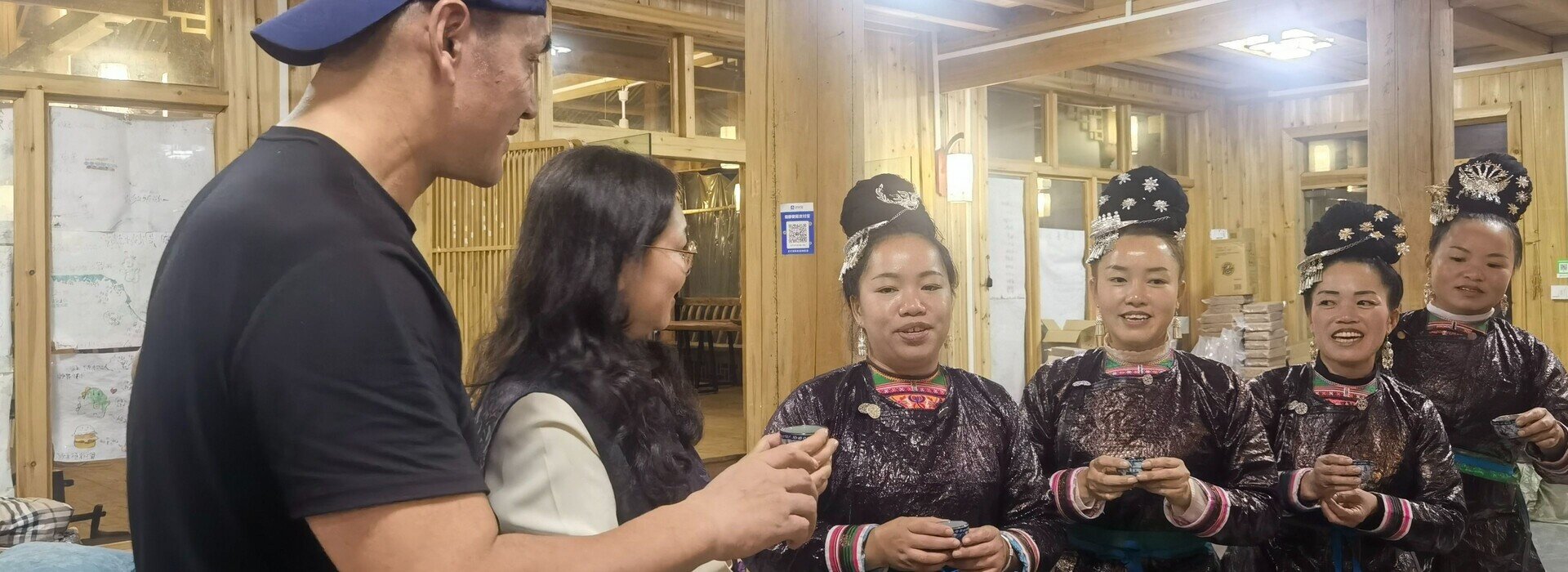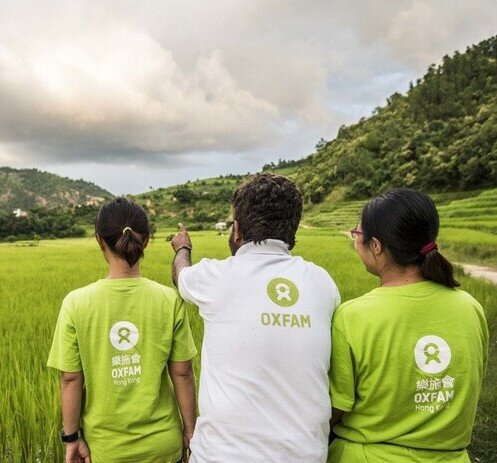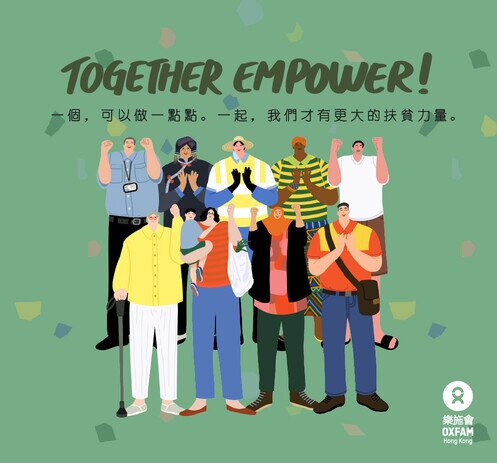Ying and other Dong ethnic minority women performed Dong folk songs for the guests.
Ying grew up in a Dong ethnic minority village in Guizhou. After getting married, her family moved to the county town, where her husband worked to provide for the family while she took care of the children and household chores. In 2017, Ying and her husband returned to the village to care for their elderly parents. The family's income was meagre and unstable, and the traditional gender roles left little room for equal communication between the couple.
In 2018, Fengying, a woman from the same village, invited Ying to join the homestay team she had established. This became a turning point in Ying's life. Fengying had been running the homestay for two years and understood that many women in the village needed a stable income while also taking care of their families. She aimed to create flexible job opportunities for women. By participating in the homestay, Ying not only earned an income but also had the opportunity to venture outside her home, interact with other women, and acquire new skills. She gradually built her confidence and developed more ideas and plans.
When Ying proposed converting their home into a homestay, her husband agreed to the idea but insisted on controlling all the details. They had serious disagreements over the design and construction, which almost caused their marriage to fall apart. Lacking confidence in the business's prospects, her husband opted for a traditional design with fewer rooms and no en-suite bathrooms, resulting in delays in officially welcoming guests.
Support from Oxfam Hong Kong (OHK) brought new opportunities to Ying. Since 2020, OHK has supported our partner, Guizhou Field Environmental and Development Research Center, in implementing the Rural Tourism Development Project in three ethnic minority villages in Qiandongnan Miao and Dong Autonomous Prefecture of Guizhou Province. The project focuses on strengthening the participation and contribution of ethnic minority women in household economics, cultural heritage, and community development. In 2021, Ying applied for a 5,000 yuan start-up fund from the project to improve the facilities of her homestay. She also attended training sessions, and as a result, the homestay began welcoming guests and gradually matured in its operations.
The project also invited Ying's husband and other men from the village to participate in training and study tours to learn about homestay renovation and rural tourism. Through these exchanges and learning experiences, Ying's husband gradually learned to listen to and respect her views, leading to a more equal and respectful relationship between the couple.
Ying not only achieved economic independence, but also a more equal and harmonious family relationship. She has become more confident and built a stronger sense of self. Her story has inspired more rural women to bravely break through traditional gender norms and constraints, pursue self-reliance. It has also validated OHK's belief that with opportunities and support, every woman can unleash her unlimited potential and achieve the right to equal development.




